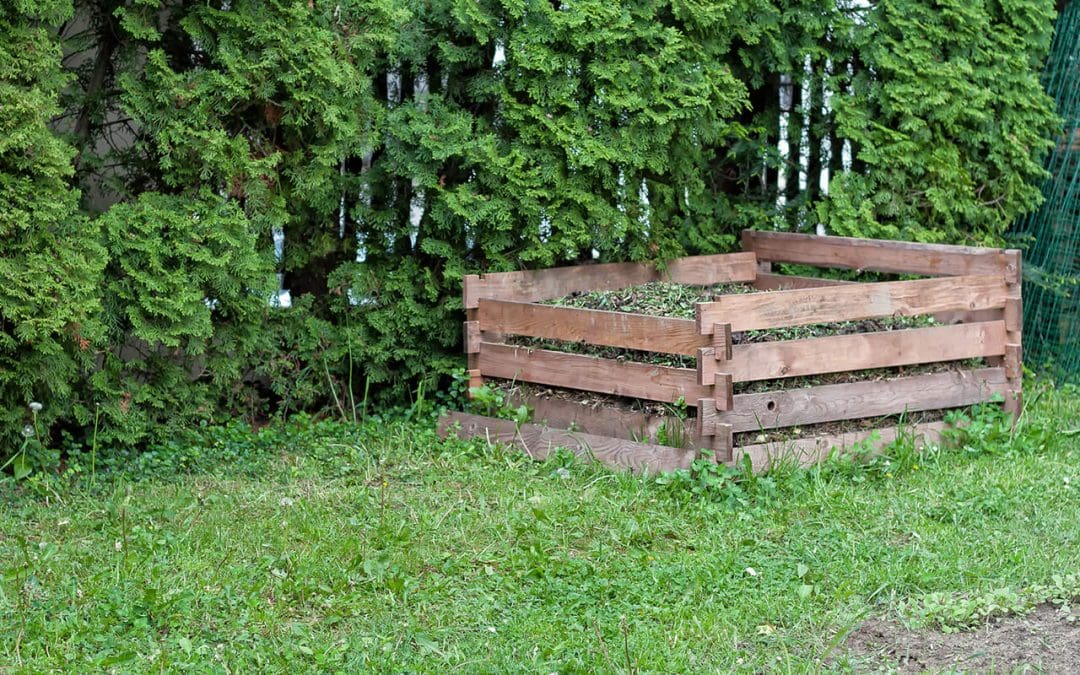Composting is a simple, impactful way to transform everyday kitchen and yard waste into nutrient-rich soil for your garden. By composting at home, you will reduce the amount of trash your household sends to the landfill, save money on store-bought fertilizers, and create a natural boost for your plants. Whether you have a sprawling backyard, a small garden bed, or even a balcony container garden, composting will fit into your lifestyle and make a real difference for your home and the environment.
The Benefits of Composting for Your Home and Garden
When food scraps and yard waste are tossed into the garbage, they end up in a landfill where they break down without oxygen, producing methane, a potent greenhouse gas. Composting diverts this waste and turns it into something valuable. The finished product, often called “black gold,” is full of nutrients that improve soil structure, increase water retention, and feed beneficial microorganisms. This means healthier plants, better crop yields, and less reliance on chemical fertilizers. Composting will save you money over time by reducing garden supply costs and trash volume, which may decrease waste disposal fees in some areas.
Choosing the Right Method
Before you get started, decide which composting method works best for your space and lifestyle. If you have a backyard, an outdoor compost bin or open pile might be the most practical. These systems handle larger amounts of material and, when managed properly, break down waste quickly.
For those with less space, a sealed compost tumbler is a neat, odor-controlled solution that works well on patios or in smaller yards. If you’re living in an apartment or want an indoor option, vermicomposting, using worms to process organic waste, is an efficient and surprisingly low-maintenance method that produces nutrient-rich worm castings for plants. Your choice will depend on your available space, how much organic waste you produce, and how quickly you’d like your compost to be ready.
Getting Started with Composting at Home
Once you’ve chosen your method, it’s time to start building your compost pile or filling your bin. The key to successful composting is balance. You’ll need a mix of “greens” and “browns.” Greens are nitrogen-rich materials like fruit and vegetable scraps, coffee grounds, and grass clippings. Browns are carbon-rich materials like dried leaves, shredded paper, cardboard, and small twigs.
A general rule is to aim for about two to three parts brown for every one part green. Layer your materials, keep the pile slightly moist (like a wrung-out sponge), and turn it regularly to introduce oxygen—an essential ingredient for decomposition. Over time, heat will build inside the pile as microbes work, speeding up the breakdown process.
Troubleshooting Common Composting Problems
Like any natural process, composting can run into hiccups. If your compost has a strong odor, it’s often a sign of too much moisture or too many greens. Adding more browns and turning the pile will help balance it out. If it’s too dry, sprinkle water as you mix to rehydrate it.
If decomposition seems slow, check your material balance and make sure you’re turning the pile often enough. Chopping or shredding larger materials can also help speed things up. Remember, composting is a living process, so small adjustments will quickly get things back on track.
Using Your Finished Product
You’ll know your compost is ready when it’s dark, crumbly, and has an earthy smell. This finished product can be used in a variety of ways. Mix it into your garden soil to enrich planting beds, work it into potting soil for indoor plants, or spread it as mulch around trees and shrubs. It’s a natural soil conditioner that helps plants thrive and keeps your garden healthier without synthetic chemicals.
The best part is you’ll be closing the loop, returning organic matter to the earth, and reducing your household’s environmental footprint.
FAQs
How long does composting take?
It depends on the method, the balance of materials, and how often you turn it. Well-maintained piles can produce compost in two to three months, while slower systems may take up to a year.
Can I compost meat or dairy?
Avoid meat, dairy, and oily foods in a standard compost pile, as they can attract pests and cause unpleasant odors. Specialized composting systems can handle these, but most home setups do better without them.
Do I need special equipment to start composting?
No special tools are required. A simple bin or designated outdoor space works fine. Tools like compost aerators or pitchforks make the process easier, but they’re optional.
Will composting attract pests?
When managed correctly, composting shouldn’t be a pest problem. Bury food scraps under browns and avoid animal products. Using a covered bin also helps keep critters away.
Can I compost during winter?
Yes, though the process will slow down in colder temperatures. Insulating your pile with straw or leaves can help retain heat and keep microbial activity throughout the season.
Monadnock Home Inspections provides home inspections in Southern New Hampshire. Contact us to schedule an appointment.

